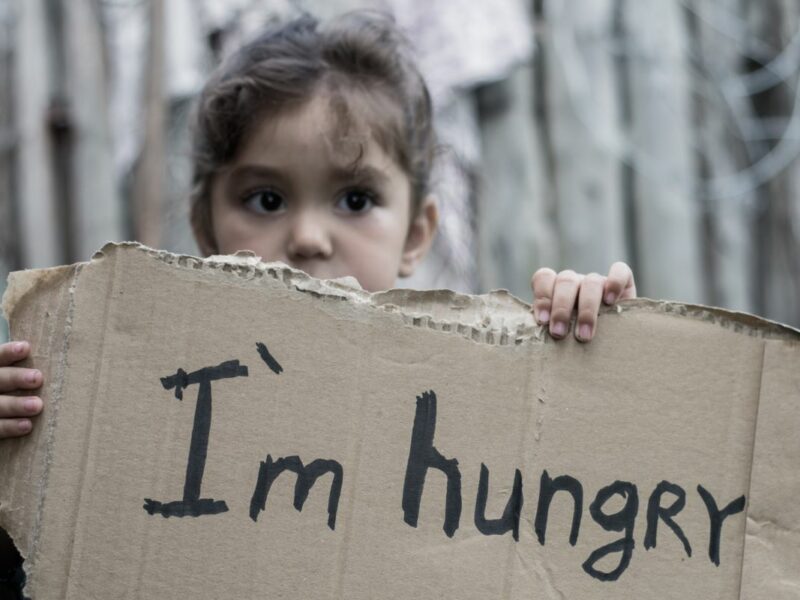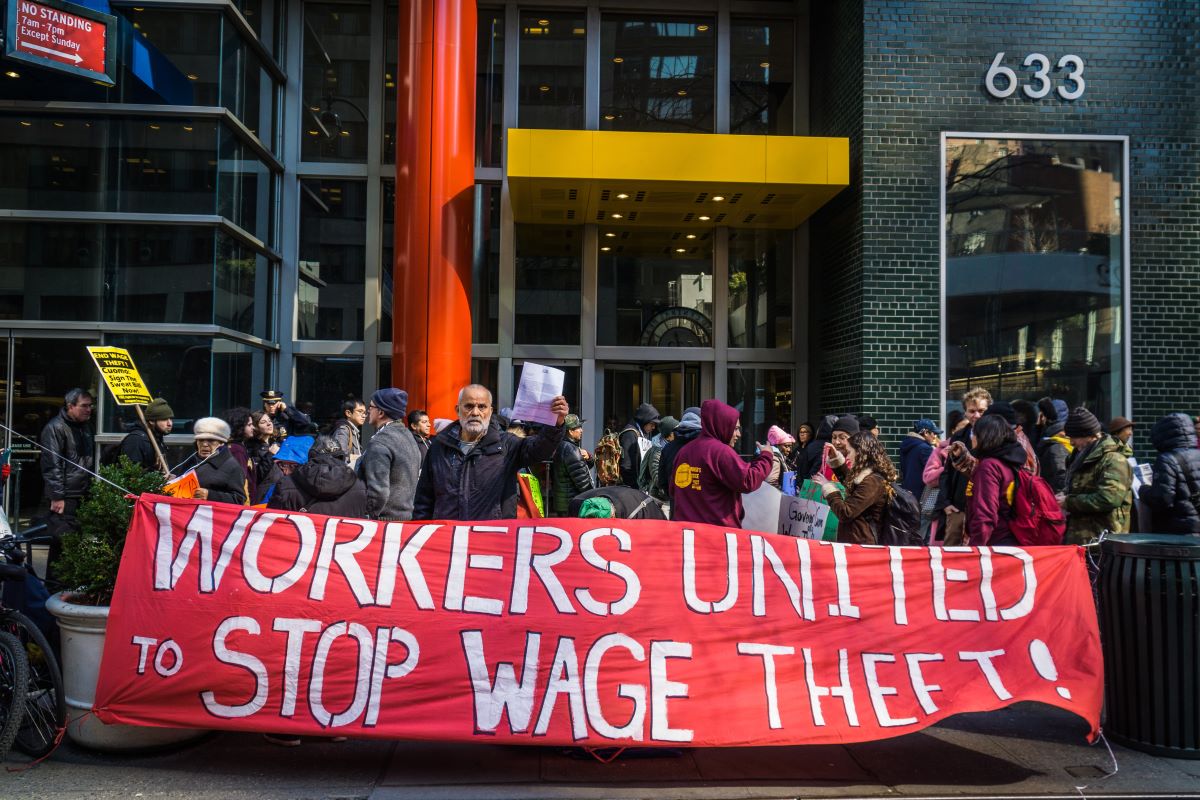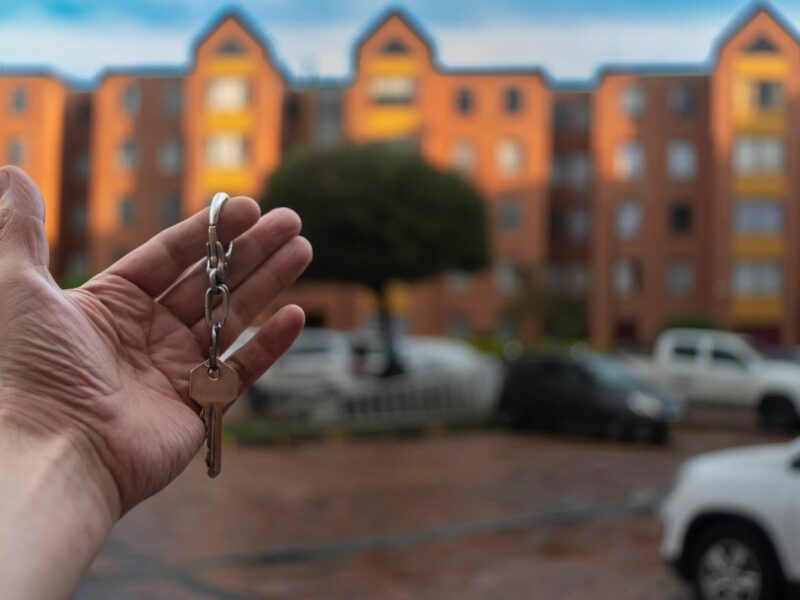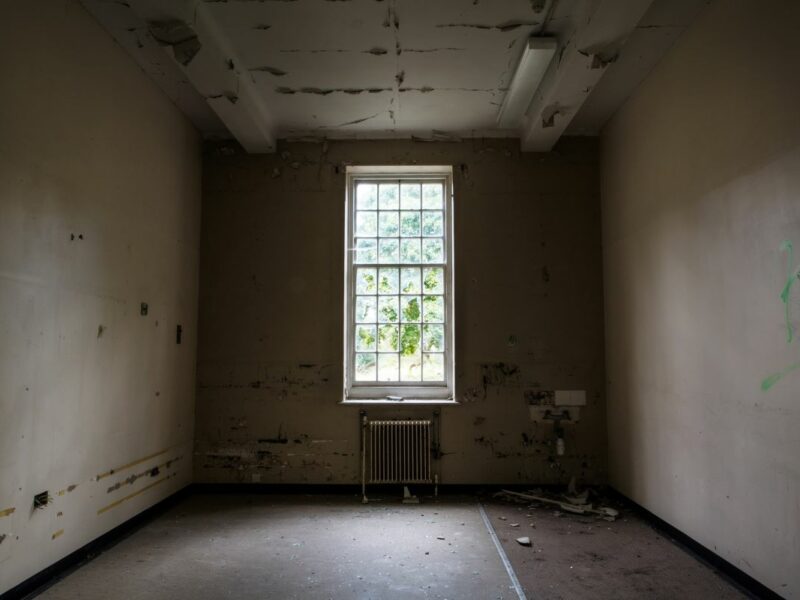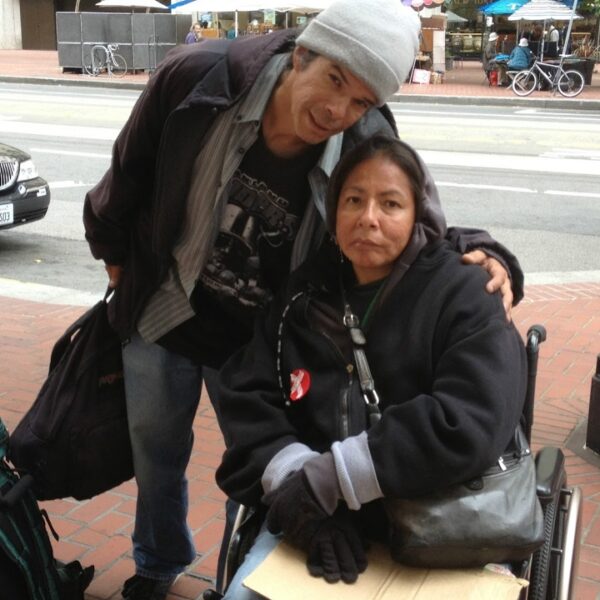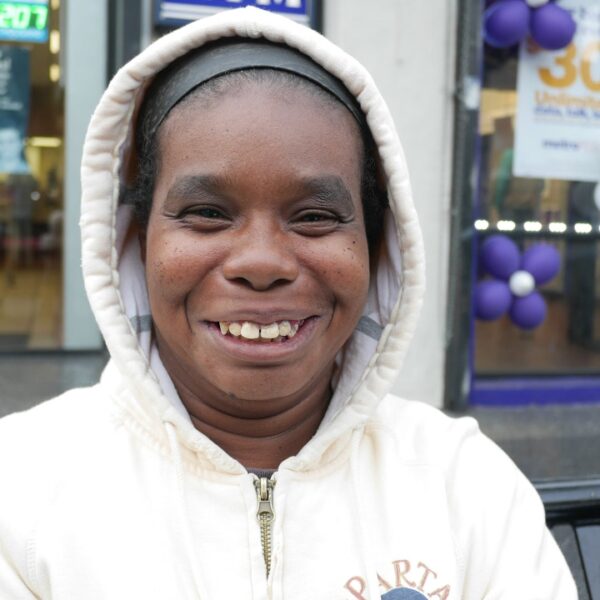The average evicted household owes about $2,500 in back rent. Meanwhile, 17% of low-income workers lose an average of $3,000 yearly in wage theft. Read on to learn how wage theft takes its toll on low-income earners and taxpayers while lining the pockets of the elite with approximately $8 billion annually.
Wage Theft: Robbing the Poor to Build a Better World for the Rich
Wage theft is a criminal offense that happens when corporations refuse to compensate employees as required by law. If you’ve ever worked in a low-wage position, you’ve likely witnessed wage theft firsthand. You might have even been a victim of it.
Some of the most common examples of wage theft include:
- Paying workers an hourly rate that is lower than the minimum wage
- Withholding the last paycheck when someone quits their job
- Undercutting overtime or not paying it out at all
- Forcing employees to work through unpaid lunch breaks
- Asking for labor while an employee is not on the clock
- Withholding an employee’s tips or splitting them with others
- Misclassifications that help corporation owners avoid distributing things like overtime salaries, commissions, and more
As you might have guessed, low-paying jobs — the ones where workers need the money the most — are also the most likely to engage in this criminal tactic of stealing from employees. Occupations most vulnerable to wage theft include:
- Restaurant servers
- Hospital workers
- Janitors
- House cleaners
- Temp workers
Wage Theft Can Lead to Eviction and Subsequent Homelessness
$3,000 a year might not sound like a lot to some people. However, consider that the average person who gets evicted owes even less, with the median arrears being just $2,500. Eviction can quickly give way to transitional homelessness, a kind of homelessness that happens suddenly and unexpectedly. This unforeseen circumstance has a myriad of adverse effects that equate to lifelong traumas, including:
- Children being separated from their parents
- Loss of pets, family members, and material possessions
- Low self-esteem brought on by the social isolation that comes with homelessness
- Generational poverty
- Increased vulnerability to violent crimes like rape, robbery, assault, murder, and police brutality
- Three decades shaved off the average life expectancy
- Chronic homelessness, which happens when a person continuously falls in and out of homelessness
“I’ve been out here on this sidewalk for one solid month,” said Joanne, a Pasadena-based homeless woman who found herself on the streets after being evicted.
For Joanne and many others, that initial eviction opened a revolving door that caused her to rotate in and out of homelessness for decades.
Wage Theft Costs Taxpayers Astronomical Amounts of Money and Puts All of us at Greater Risk of Homelessness
Poverty and homelessness go hand-in-hand. Studies show that most Americans are teetering dangerously on the edge of homelessness due to finances.
With many Americans just one paycheck or emergency medical bill away from unhoused status, you’d think corporations would take care to pay their workers their fair share. Instead, they are skimming more than $8 billion a year off the top, and notedly, from the workers who need it most, which is reprehensible.
This theft affects all people, housed and unhoused, putting millions of us at risk of either funding homelessness or becoming homeless. Here are the reasons why.
Reason 1: Taxpayers are Footing the Bill
Speaking of servers, when it comes to wage theft, let us not forget who ultimately winds up with the tab for the homeless crisis. If someone gets evicted and becomes homeless as a result, all of the services, all of the criminalization activities, and the entire burden of the ineffective tactics governments insist on using under the guise of “solving homelessness” fall squarely on the shoulders of the taxpayers.
Reason 2: Lowering the Bar for Compensation
For decades, the cost of living in America has exorbitantly gone up. Meanwhile, the minimum and median wage have barely budged. How can we expect wages to keep pace with the cost of housing if it is more profitable for owners of corporations to lie, cheat, steal, and swindle their workers out of wages? The silence around this issue is deafening, but it does come at a price.
Reason 3: This Creates More Wealth Inequality
The gap between the rich and the poor, as well as the rich and the so-called “middle class,” for that matter, is ever-widening. This is called wealth inequality.
The prevalence and rise of wealth inequality in America is the reason that you and most other Americans are more at risk of becoming homeless than ever before. It’s why you see posh luxury apartments and homeless encampments on the same street. It’s why fancy restaurants toss gallons of food in their garbage receptacles while 44 million Americans and one in five children nationwide go hungry.
Allowing this level of crime to continue isn’t just a matter of not punishing the guilty. It is also a matter of rewarding criminal behavior. That extra $8 billion in revenue makes it possible for wealthy corporate magnates to build a posh and ostentatious landscape right here, and on the backs of who? Us.
Talk to Your Legislators About Punishing Wage Theft and Making Housing a Human Right Today
At first glance, wage theft and homelessness might not seem all that connected, but if you look a little closer, there’s a common underlying theme. America’s low- and middle-income earners are being taken advantage of time and again.
When it’s all said and done, we reward the criminals and penalize the victims. Talk to your local legislators about reversing this unsettling trend and drafting laws that favor everyday people, like the ones that make housing a human right.






